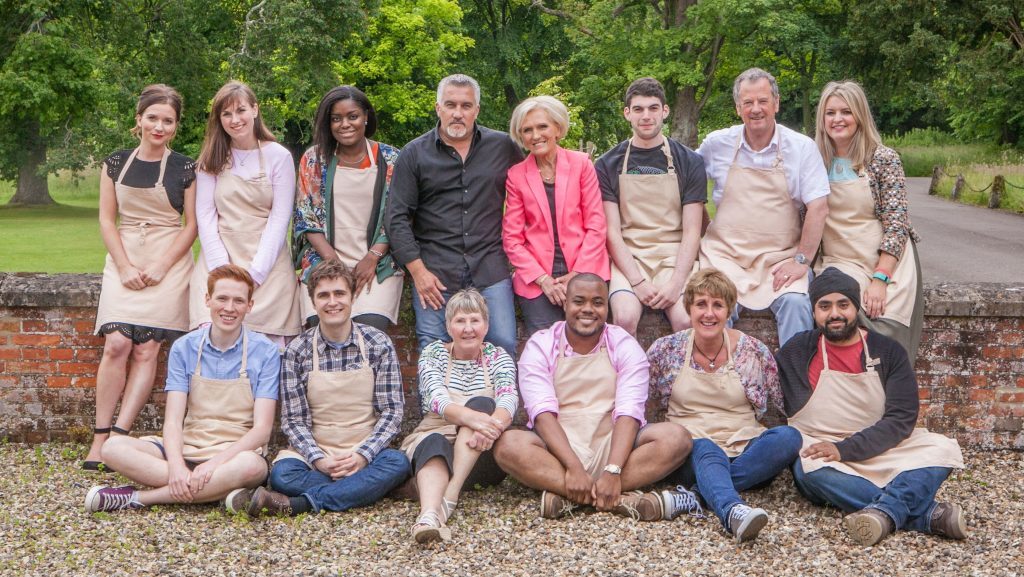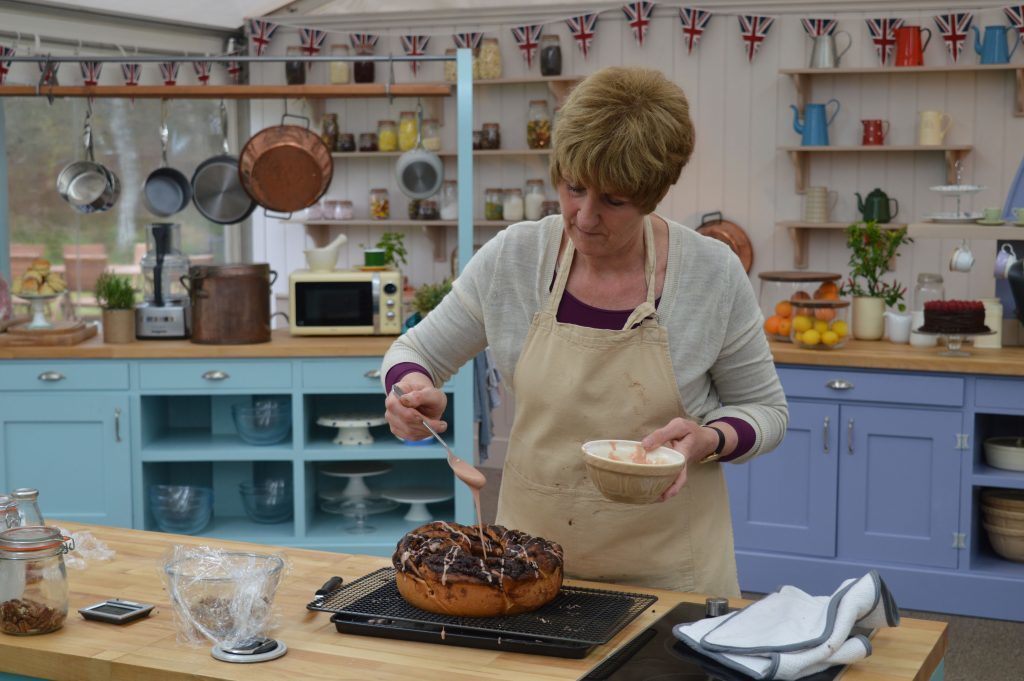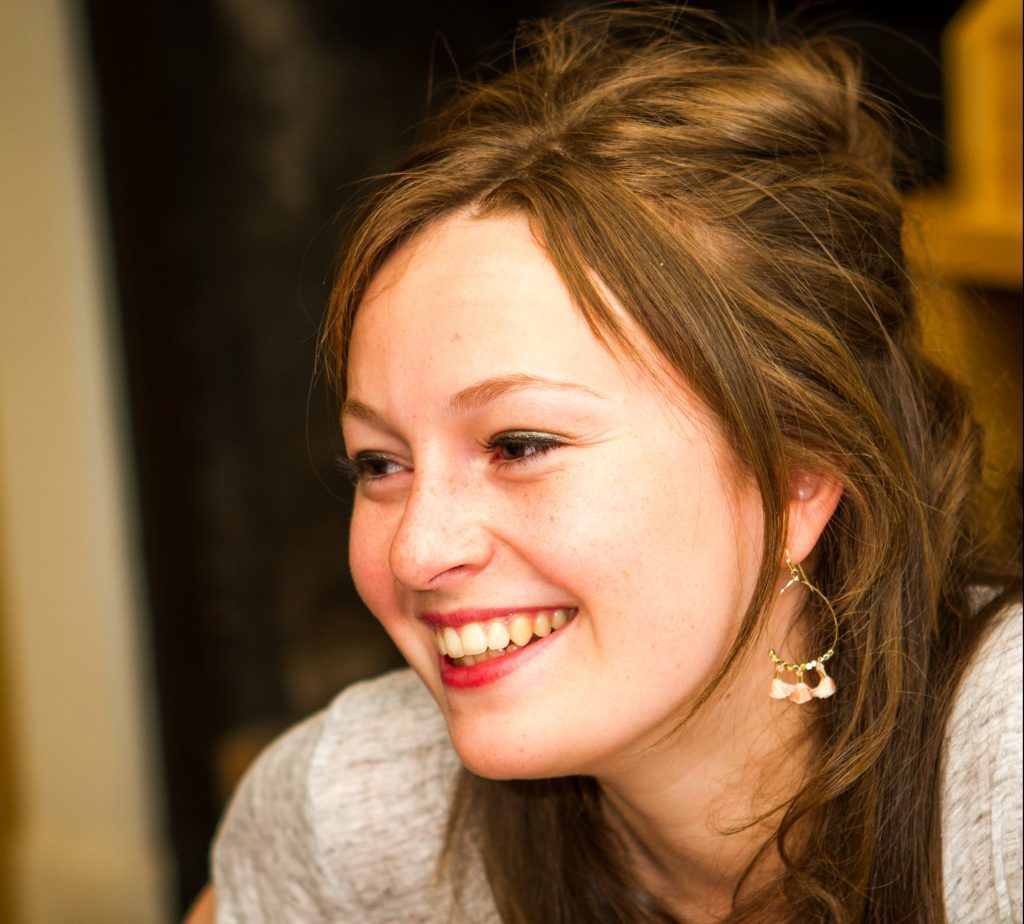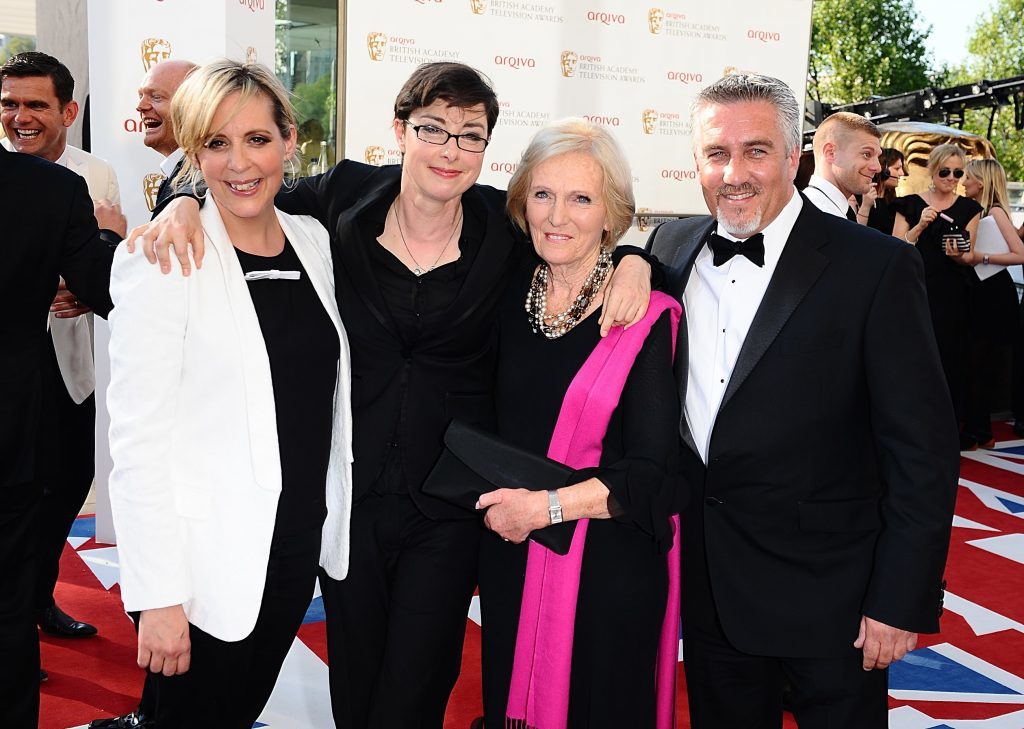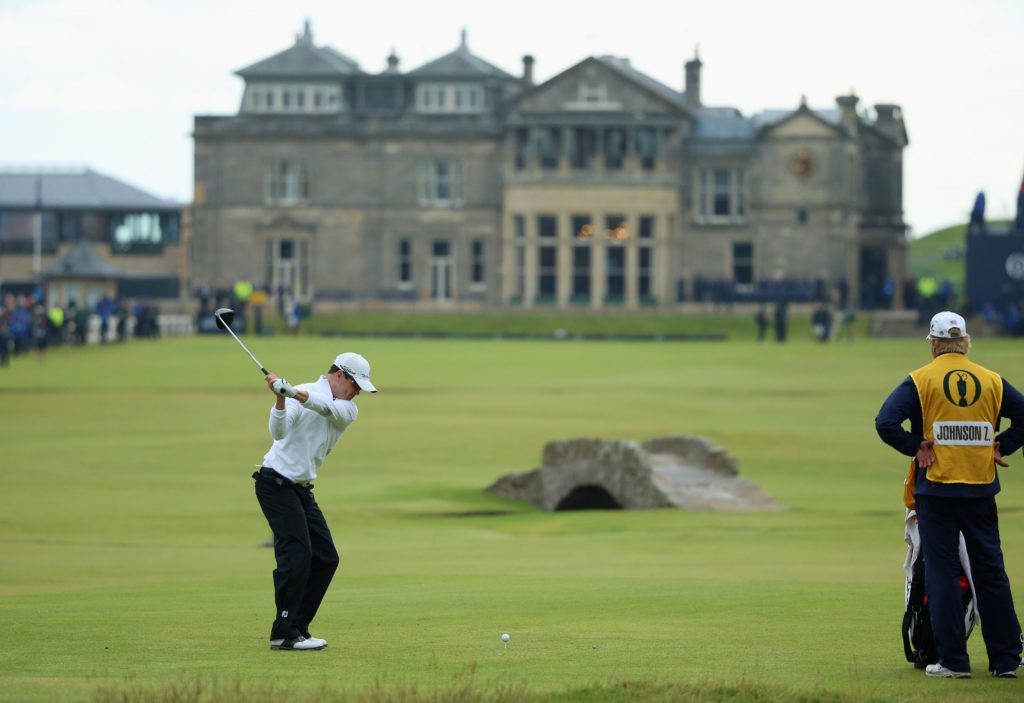After six years at the BBC, The Great British Bake Off is moving to Channel 4 following a contractual dispute. MICHAEL ALEXANDER examines the fall out.
It is the ultimate baking battle where passionate amateur baking fans compete to be crowned the UK’s Best Amateur Baker.
When it was screened on August 24, the launch episode of The Great British Bake Off 2016– or Bake Off as it is affectionately known – was the most-watched first programme in the history of the show.
The 10.34 million viewers who tuned in to BBC One beat the previous series launch by more than a million viewers with a further three million watching on catch-up TV.
Described by the BBC as “quintessentially a BBC programme”, Bake Off, first screened in 2010, was 2015’s most-watched programme, with 13.4 million tuning in to the final on the night, rising to 15.1 million viewers through catch-up.
Yet after just three of the latest 10 hour-long episodes, Love Productions, the company behind Bake Off, announced on Monday afternoon that it would withdraw the programme from the BBC at the end of the current series, having failed to seal a new deal after “more than a year of exhaustive negotiations”.
Two hours later, Channel 4 announced that it had agreed a three-year deal for Bake Off, after programme-makers insisted that they wanted to remain on free-to-air television.
The commercial broadcaster is said to have paid around £25 million a year for the contract, which will involve up to 40 hours of programming each year, including a variety of professional and celebrity specials.
It’s been reported that the BBC offered to double its current payment to around £12.5 million and this was rejected.
Amongst those slamming the move on Twitter was Perthshire’s Flora Shedden, who competed in the 2015 show.
She said: “Really sad to hear that the BBC has lost rights to Bake Off. Its success is down to format and aesthetic – commercialising will ruin that.”
BBC The Apprentice legend Lord Sugar Tweeted: “I feel sorry for the @BBCOne they invested years in making Bake off popular and the greedy disloyal format owner has sold it to Ch4.”
Former BBC political editor Nick Robinson predicted it would make more headlines than former Prime Minister David Cameron’s decision to stand down as an MP, stating: “Politics is a cruel business. Bake Off’s Off will be a bigger story than Dave’s Off. #Bake-xit.”
Uncertain
But with the future of the show’s judges Paul Hollywood, Mary Berry, and presenters Sue Perkins and Mel Giedroyc still unknown yesterday, Jay Hunt, Channel 4’s chief creative officer, welcomed the announcement, adding: “Channel 4 is very proud to be the new home for The Great British Bake Off.
“I’m delighted we have been able to partner with the hugely talented team at Love Productions to keep this much loved show on free-to-air television.”
A BBC spokesperson said the corporation would love to have kept Bake Off but that they were “a considerable distance apart on the money”.
They said in a statement: “Working with Love Productions, we have grown and nurtured the programme over seven series and created the huge hit it is today.
“We made a very strong offer to keep the show but we are a considerable distance apart on the money.
“The BBC’s resources are not infinite.”
Synonymous
Whether Bake Off can retain its character and following on Channel Four remains to be seen. It’s understood the BBC are upset as there was an understanding that a show it nurtured should not be taken elsewhere.
But Bake Off is not the first show to find a new home after success with the corporation.
The BBC was synonymous with coverage of golf’s oldest tournament The Open Championship. Yet in February 2015 it was announced that Sky Sports had been awarded exclusive rights to the prestigious event in a five-year deal from 2017. Sky stepped in to cover the 2016 event as well after the BBC asked to be released from its contract.
Last June the corporation was dealt another massive blow when it was announced that it had lost control of the rights to the Olympic Games from 2022 onwards after the US broadcasting giant Discovery, owner of Eurosport, signed a £920m exclusive pan-European deal.
Then last December the BBC announced it had terminated their Formula 1 contract three years early to allow Channel 4 to take over the broadcast rights from this season
Suffered
The BBC also lost the rights to show all terrestrial racing – including Royal Ascot and the Epsom Derby. The Grand National, seen as a “crown jewel” event, was last broadcast by the BBC in 2012. Channel 4 secured a four-year deal to broadcast the Grand National, the Derby and Royal Ascot from 2013.
Darts, snooker, and BBC coverage of the Australian Open have also suffered as the BBC blamed £35 million of cuts to its sports budget.
Away from sport, ITV announced in November last year that it had acquired talent show The Voice for three years from 2017.The BBC also lost US hit comedy Family Guy to ITV2.
The BBC remains committed to making popular but distinctive programmes that inform, educate and entertain.
How many more cuts the great British viewer can stomach, however, is arguably another matter.
